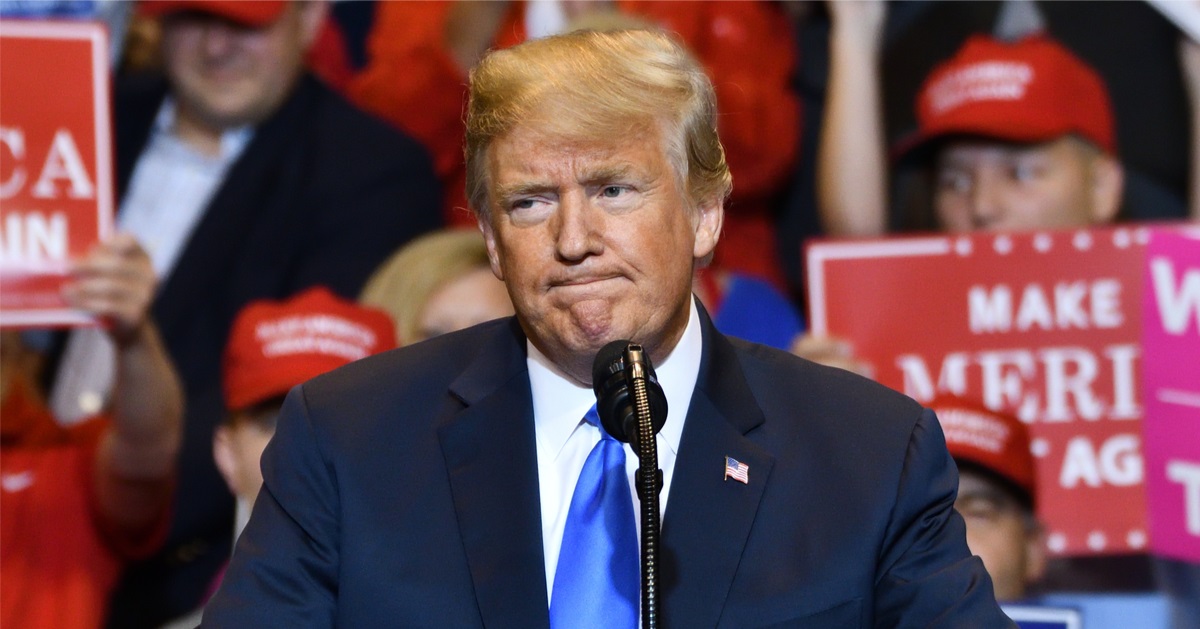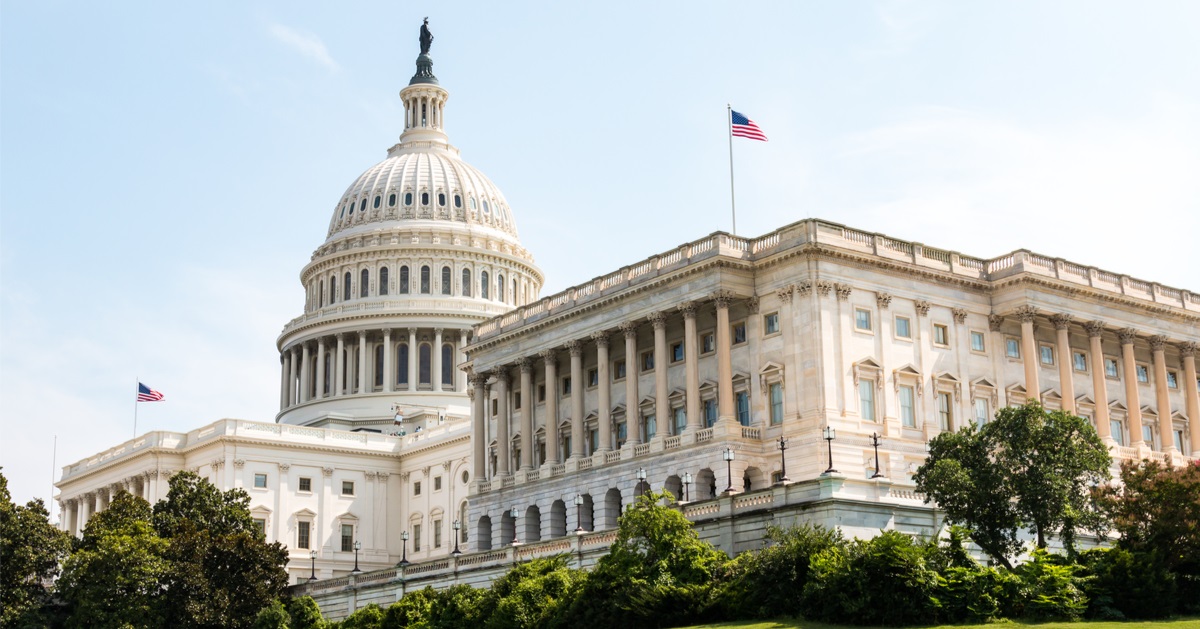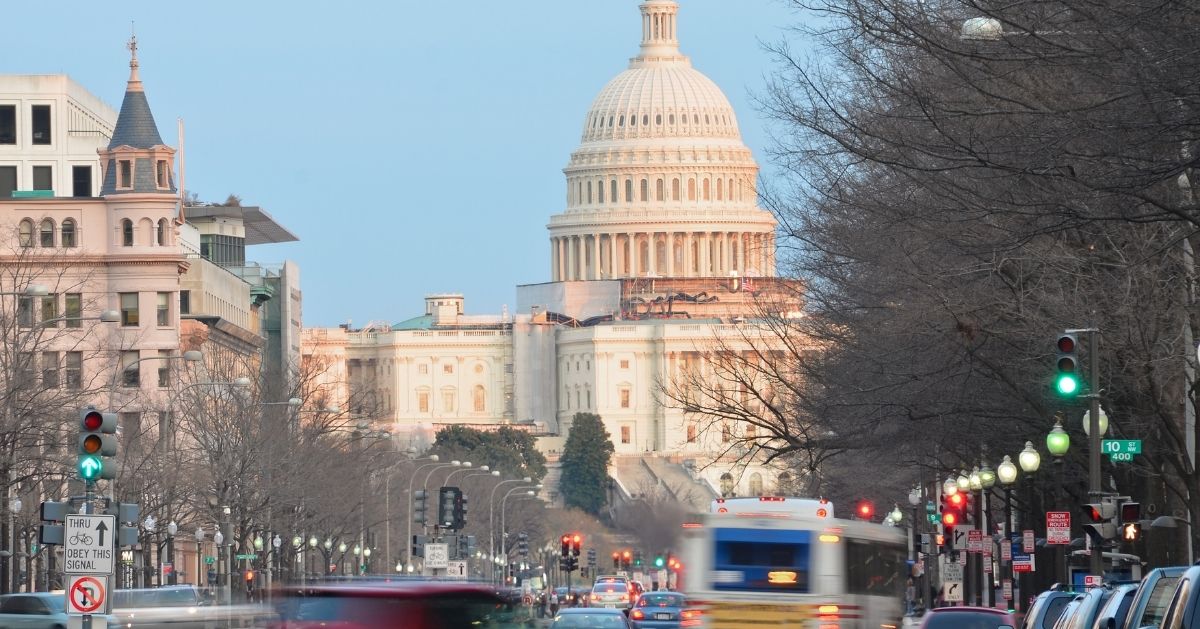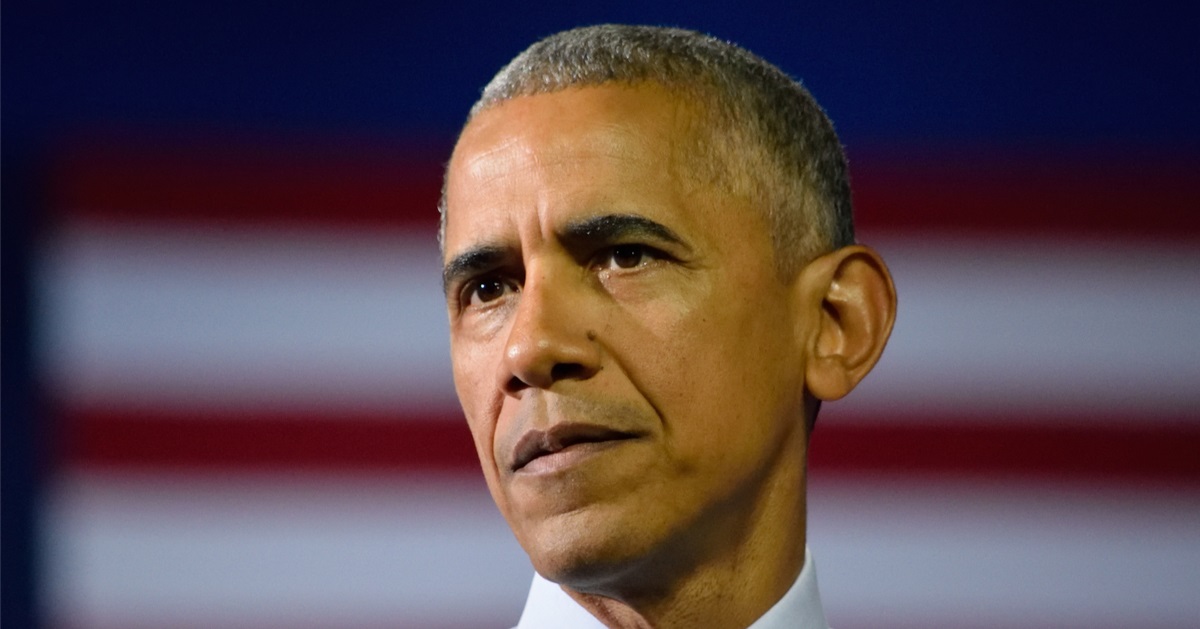Supreme Court delays ruling on Trump’s birthright citizenship order
Hold onto your hats, folks—the Supreme Court just hit the pause button on a blockbuster challenge to President Trump’s bold move to rethink birthright citizenship.
The justices opted not to tackle the issue on Monday, pushing their deliberation of Trump’s executive order, which aims to stop automatic citizenship for children born in the U.S. to parents here illegally or temporarily, to a private conference on Dec. 5, 2025.
This isn’t a final dodge; it’s more like a strategic huddle. The court’s decision to relist the government’s petition for later review isn’t out of the ordinary—it could mean they’re digging deeper, hunting for that crucial fourth vote to take the case, or even drafting opinions on why they might pass. Either way, the suspense is thicker than a Thanksgiving gravy.
Trump’s Executive Order Sparks Legal Firestorm
Let’s rewind to the start: On Jan. 20, Trump issued an executive order that would deny citizenship to babies born on American soil if their parents lack legal status or are just passing through. This isn’t some minor policy tweak; it’s a direct challenge to a long-standing interpretation of the 14th Amendment. And predictably, it lit a fuse under the legal community.
Multiple lawsuits erupted faster than you can say “judicial review,” with federal judges slapping temporary nationwide injunctions to block the order from taking effect. The Trump administration, never one to shy away from a fight, first approached the Supreme Court in the spring, not to debate the order itself, but to question whether lower courts should even issue such sweeping nationwide blocks.
In late June, the high court weighed in, ruling that district judges generally can’t issue these broad injunctions. But the battle didn’t end there—challenges to the executive order kept churning through lower courts, with judges continuing to side against the administration. Talk about a judicial gauntlet.
Lower Courts Push Back Against Policy
Fast forward to September, and the Trump team was back at the Supreme Court’s doorstep, asking for a review of two stinging lower court rulings. In one case, a New Hampshire federal judge issued a preliminary injunction for a group of infants born on or after Feb. 20, 2025, who’d be denied citizenship under the order. In another, a split 9th Circuit panel struck down the policy entirely.
Speaking of that 9th Circuit decision, the court didn’t mince words, declaring the order “is invalid because it contradicts the plain language of the Fourteenth Amendment’s grant of citizenship to ‘all persons born in the United States and subject to the jurisdiction thereof.’” Well, that’s a zinger, but let’s be real—interpreting “jurisdiction” has been a legal wrestling match for decades, and Trump’s team isn’t wrong to question if every newborn automatically qualifies.
The administration fired back, arguing that the 14th Amendment’s citizenship clause was “adopted to confer citizenship on the newly freed slaves and their children, not on the children of aliens temporarily visiting the United States or of illegal aliens.” It’s a narrow historical read, sure, but it’s not crazy to ask whether a 19th-century rule fits a 21st-century border crisis. The counterargument, though, is that the Supreme Court already settled this over a century ago.
Historical Precedent Under Scrutiny
Challengers to the order point to the 1898 Wong Kim Ark case, where the court ruled on citizenship for children of permanent residents, as the definitive word on birthright citizenship. They argue Congress doubled down on this interpretation in statutes from 1940 and 1952, meaning Trump’s order doesn’t just clash with the Constitution—it defies federal law. That’s a hefty legal barricade to overcome.
Trump’s camp, however, insists Wong Kim Ark doesn’t apply here since that case dealt with permanent residents, not unauthorized migrants or temporary visitors. It’s a distinction worth debating, especially when unchecked birthright citizenship can be exploited as a loophole in immigration policy. Still, rewriting a century of precedent via executive pen is a tall order.
If the Supreme Court takes up the case on Dec. 5, we could see oral arguments in early 2026, with a ruling by mid-year. That timeline keeps the issue simmering right in the heart of national debate, where it belongs. After all, shouldn’t we be asking hard questions about who gets to claim the American birthright?
What’s Next for Birthright Citizenship?
For now, the executive order remains on ice, thanks to those lower court injunctions. The Supreme Court’s delay isn’t a win or a loss for either side—it’s just a cliffhanger. And in a nation already polarized over immigration, this legal drama is guaranteed to keep folks on edge.
Look, the progressive push to preserve birthright citizenship without limits often ignores the real strain on resources and rule of law when policies are gamed. But let’s not pretend Trump’s unilateral approach doesn’t raise eyebrows about executive overreach, even among conservatives who cheer his tougher stance. Balance matters, and the court’s eventual call will need to thread that needle.
Until Dec. 5, or whenever the justices make their move, this saga is far from over. The question of who truly belongs as a citizen by birth isn’t just legal—it’s cultural, economic, and moral. And if we’re honest, no court ruling will fully settle a debate this deep in America’s soul.






